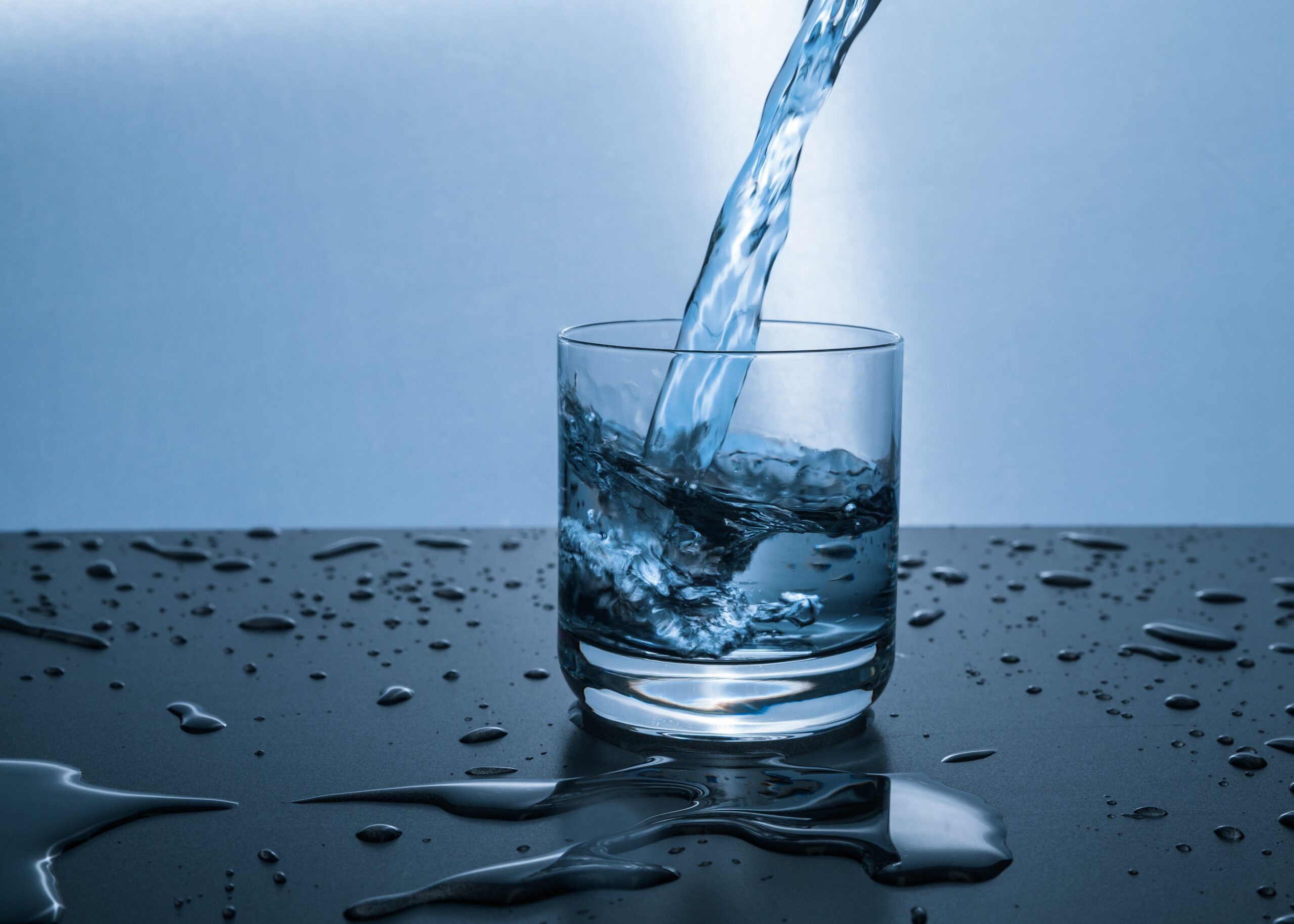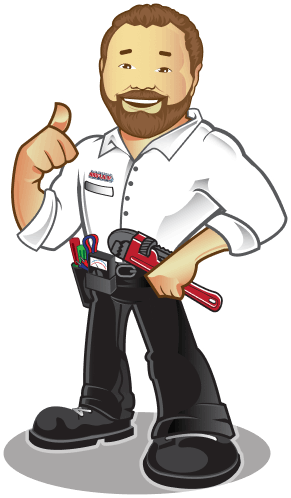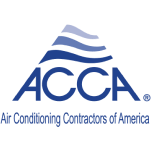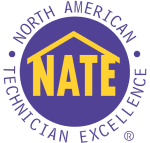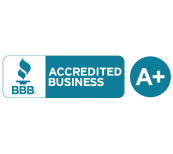How The Phaseout of R-22 Could Impact You
If you have an HVAC system, and most modern homes do, your heating and cooling might be running on a refrigerant known as R-22 freon. Why does this matter to you? Because in just a few months, the use of R-22 will continue phasing out in a big way! Here’s what you need to know about the end of this ozone-depleting substance that might be lurking in your home’s HVAC system!
It all began in January 2010, when the Environmental Protection Agency (EPA) implemented a ban on the production and import of R-22, with the exception of servicing the needs of existing equipment. Why did they do this? Simply because R-22 is one of the most common emission gasses which destroy the ozone layer, the shield that protects the earth from the sun’s ultraviolet radiation. Since R-22 is one of these harmful chemicals, the United States has committed to collaborating internationally to regulate and phase out ozone-depleting substances, including R-22.
What IS Refrigerant, Or Freon?
Freon is a common term for refrigerant, but it’s actually a brand. Freon has become synonymous for refrigerant, just as the brand BAND-AID® is synonymous with adhesive bandages. The refrigerant in your air conditioning unit or heat pump is the fluid that flows inside the coils of your equipment. Working along with the system’s compressor and other components, various pressures are applied to the refrigerant, causing it to transform from liquid to gas. This process makes the substance either hot or cold. With the pressure change comes the ability to absorb or give off heat into the air that passes over the coils, adjusting the temperature of the air before the system pushes it into the home. Essentially, refrigerant helps to control your home’s temperature.
Is My System Running On R-22?
This is the question that many homeowners will need to ask themselves as we look toward the new year. Since R-22 was officially banned in 2010, if you’ve purchased a new system since then, you’re likely protected due to the fact that reputable manufacturers of air conditioners and heat pumps redesigned their systems to accommodate R410A, a chlorine-free refrigerant that’s far better for the environment. Unfortunately, if your heating and cooling system was built or installed before that date, it’s highly likely that it’s running on R-22 refrigerant. Often times equipment will be labeled to identify the type of refrigerant in use, but if it’s not easily visible, a licensed HVAC technician can confirm this for you.
The Future Of Freon
Many of you might be frustrated at the thought of replacing your perfectly functional heating and cooling system due to this ban. Fortunately, the ban that’s currently in place does not require that you replace your system. However, as of January 1, 2020, all remaining production and import of R-22 will be completely stopped, and those who still have a system using this freon will be forced to rely on recycled refrigerant that distributors have stockpiled…and it won’t last long.
So what can you do if you’re one of the many homeowners with a system using outdated freon? You’ll need to consider your options! One of those considerations will likely be cost due to the availability of R-22. While you can still get your equipment serviced, the cost of freon will dramatically increase. Maintaining your system is imperative to keeping it running as long as possible. Make sure that you have a trustworthy HVAC company performing maintenance and service, one that will repair refrigerant leaks instead of simply “topping off” systems that are leaky. Although it’s illegal to intentionally release any refrigerant when servicing a system, if you don’t hire a professional to do the job well using refrigerant recovery equipment, you may find yourself paying more for your system’s service than you’re prepared for.
Should You Replace Your HVAC System?
Since the EPA has prohibited the manufacture of new systems using R-22, any new system you purchase will be up to code. There are several benefits to replacing your current system. Firstly, you’ll be protecting the ozone layer, effectively assisting the U.S. in its goal to protect the environment. On a more economic note, you’ll be saving money on repairs, and most newer systems are higher efficiency, meaning you’ll save on your monthly bill as well.
Whether you decide to continue with maintenance and repair when necessary or completely replace your system, being in the know can help to save you from unexpected breakdowns and costly service while making you just a little more aware of ways that we can all pitch in to make the world a better place!




